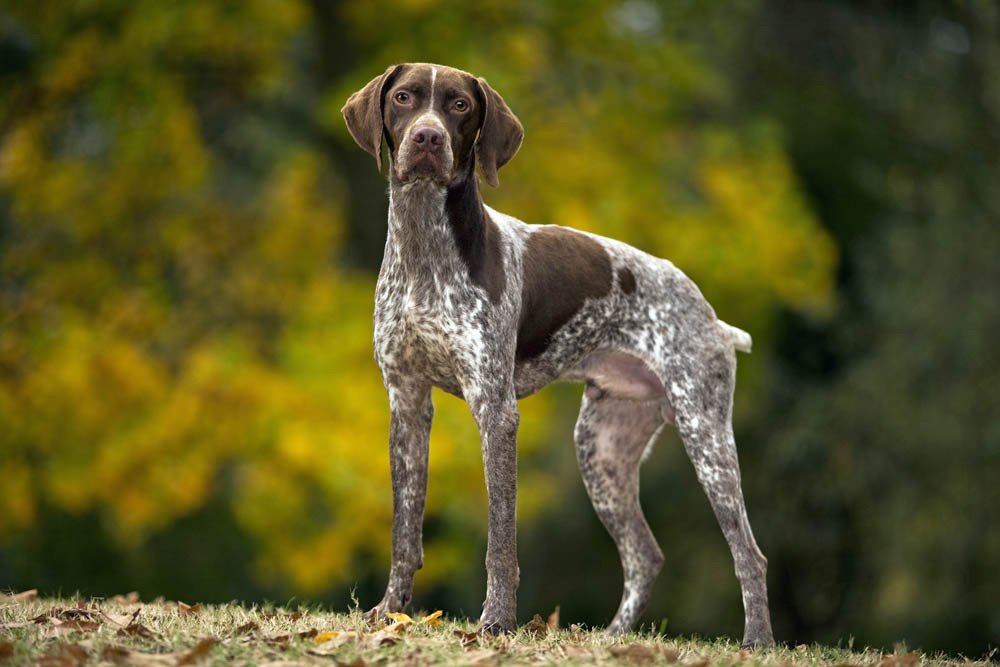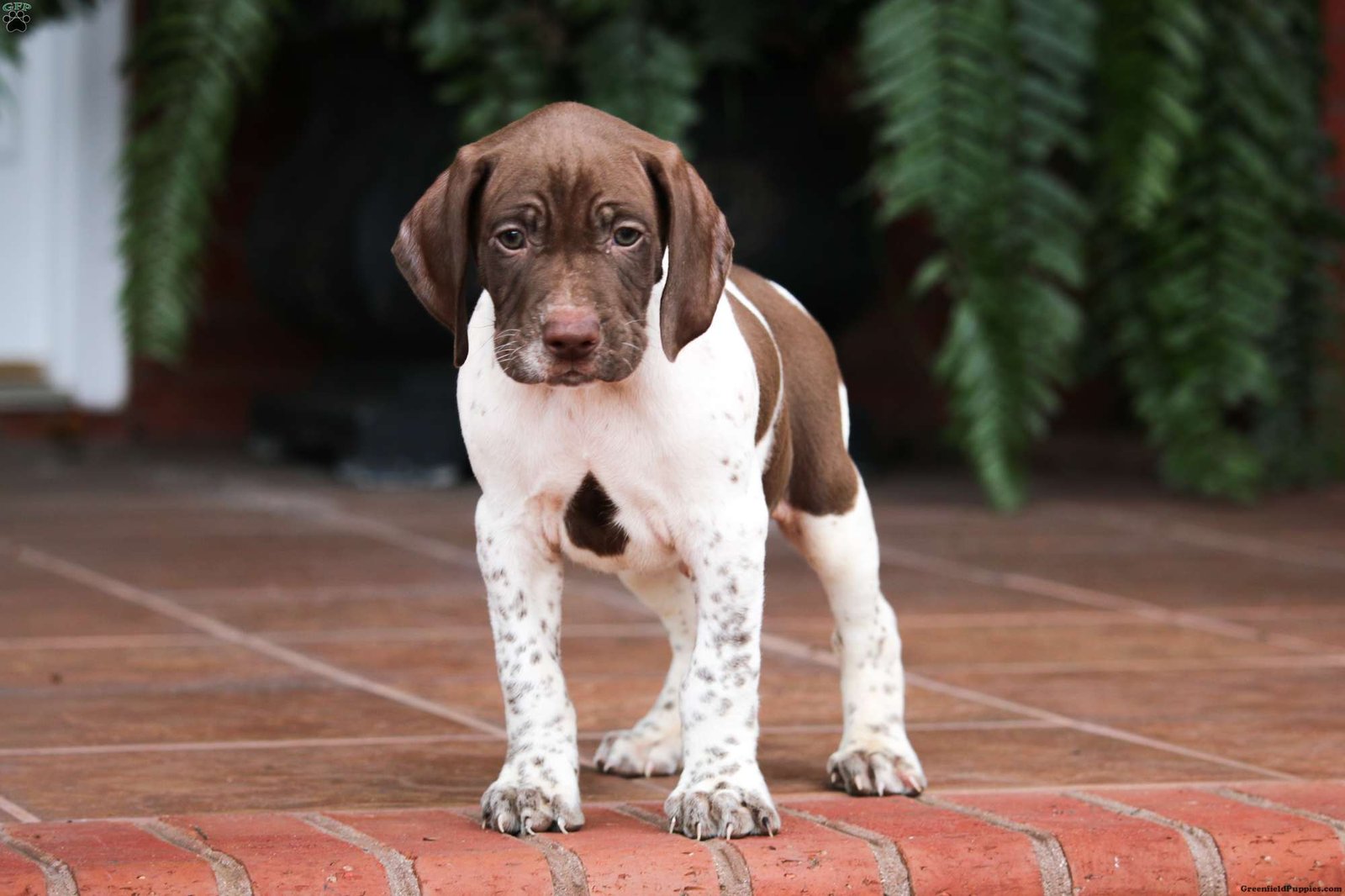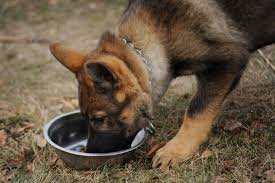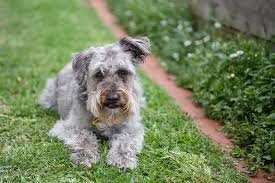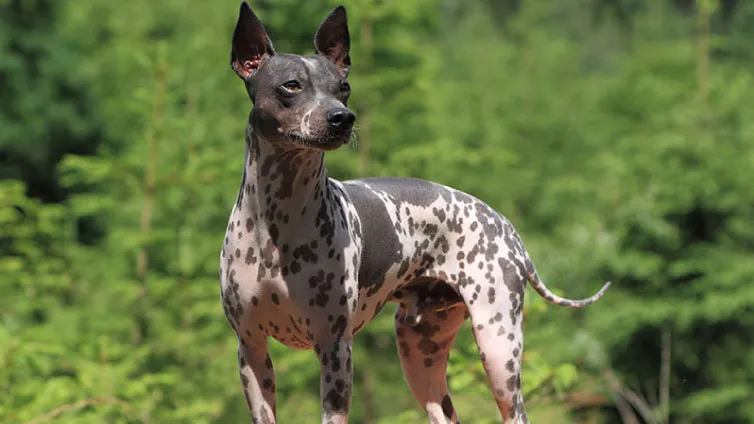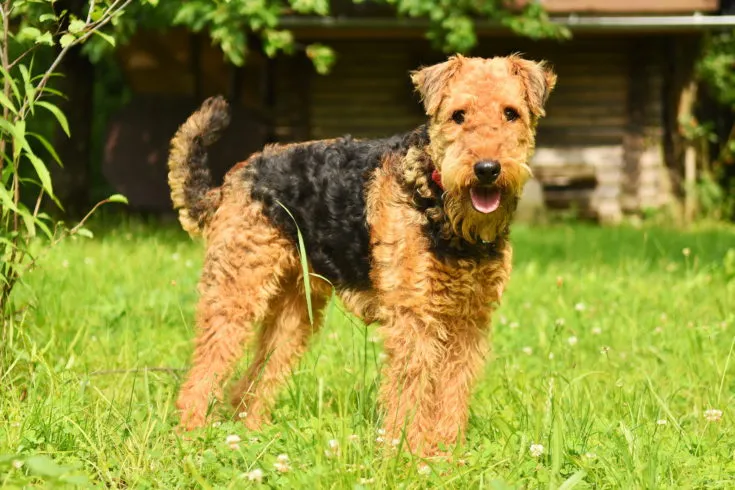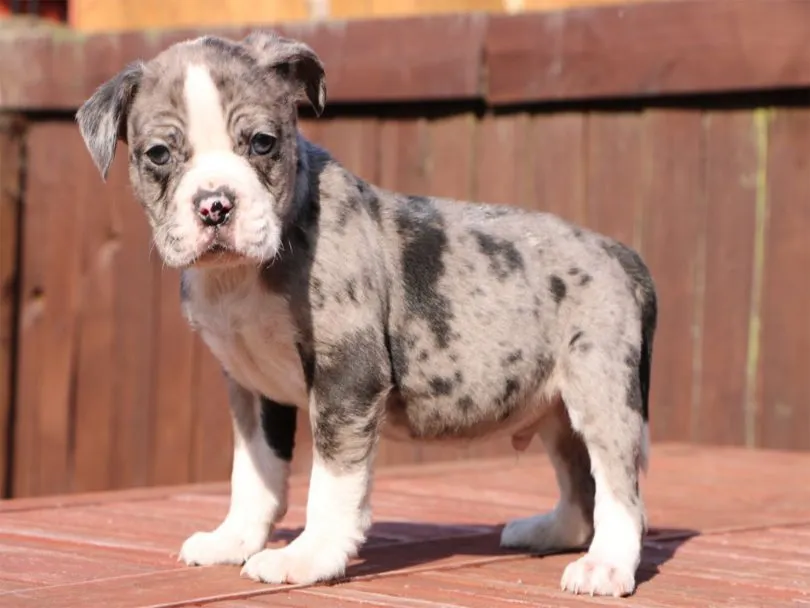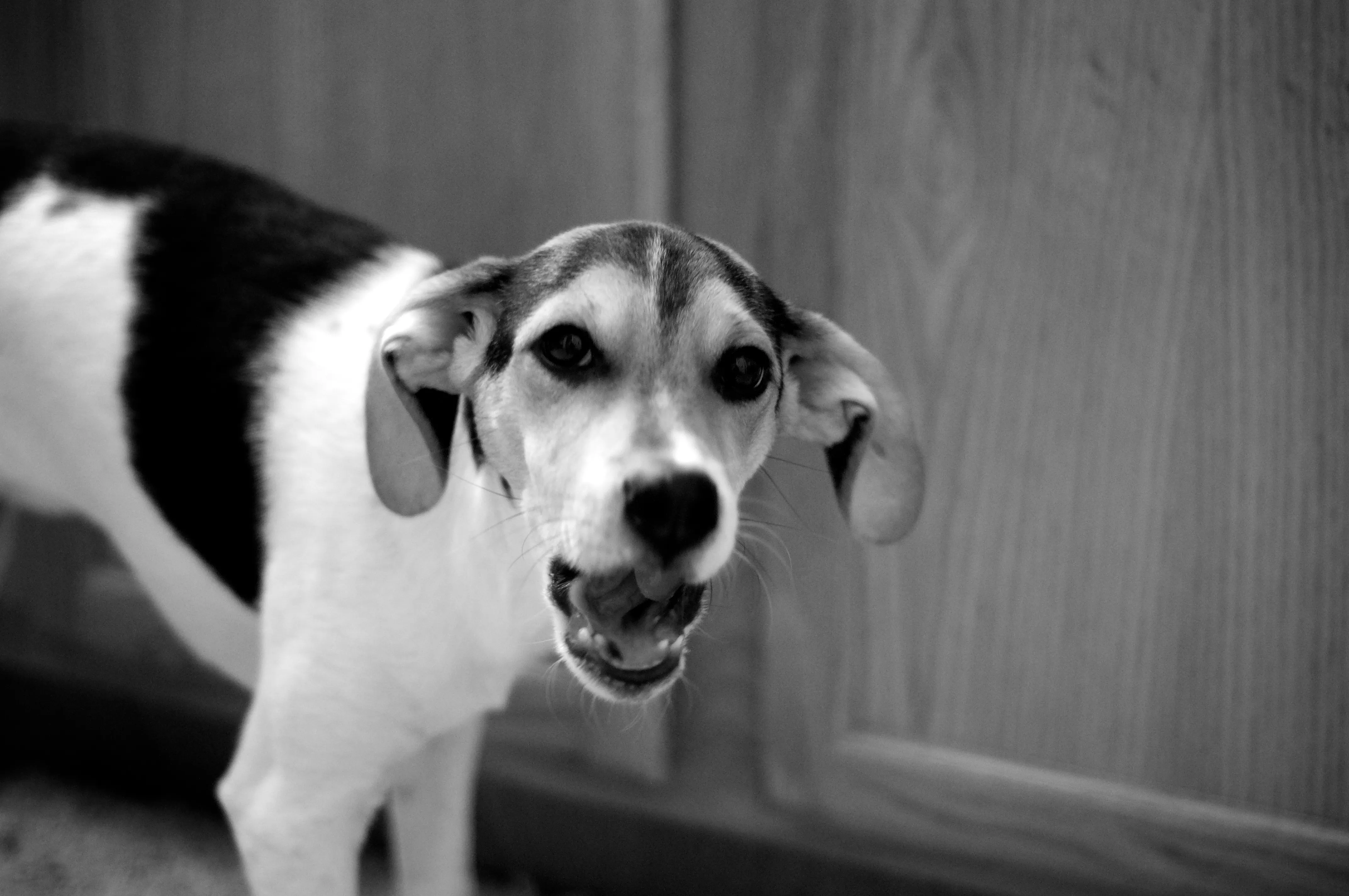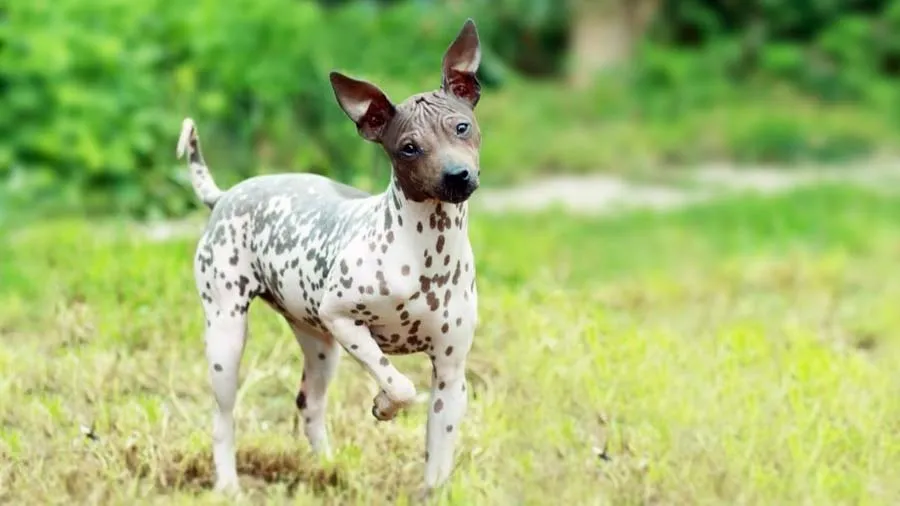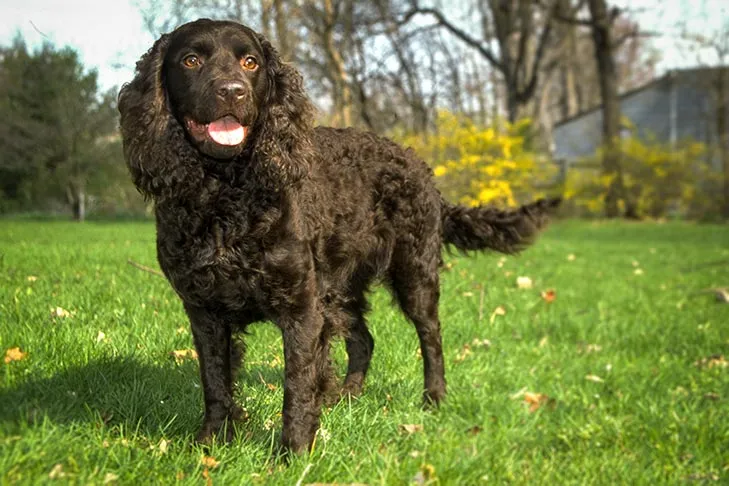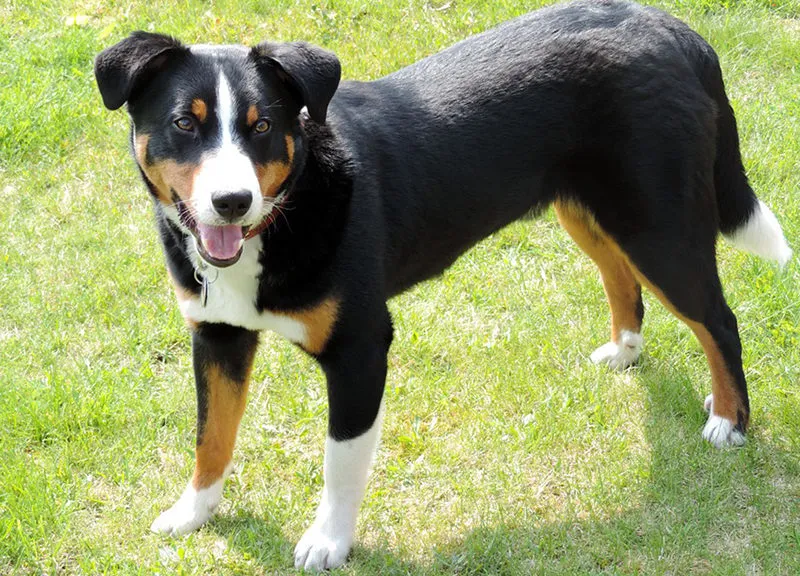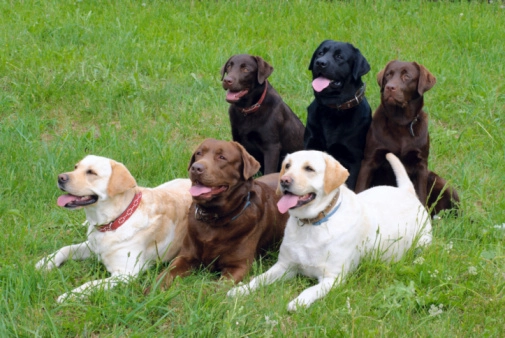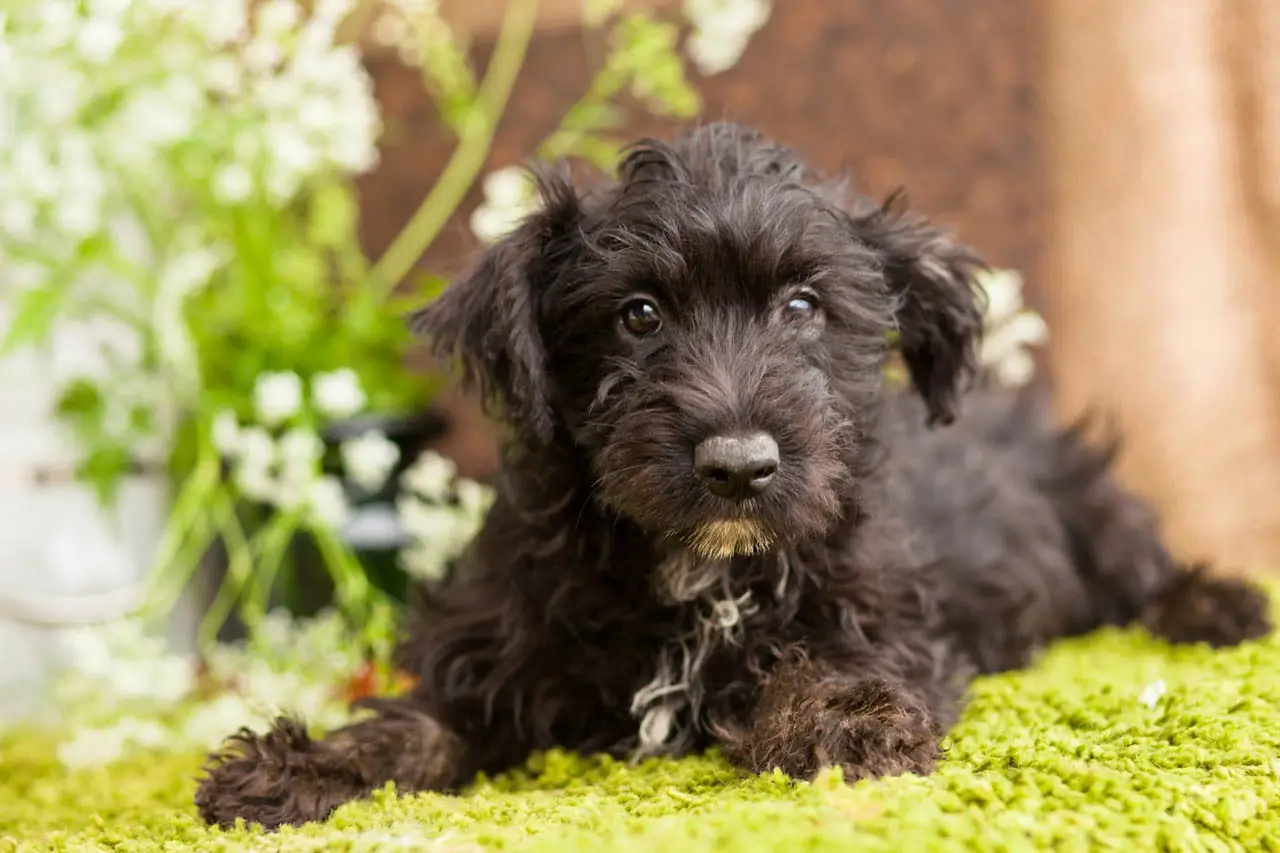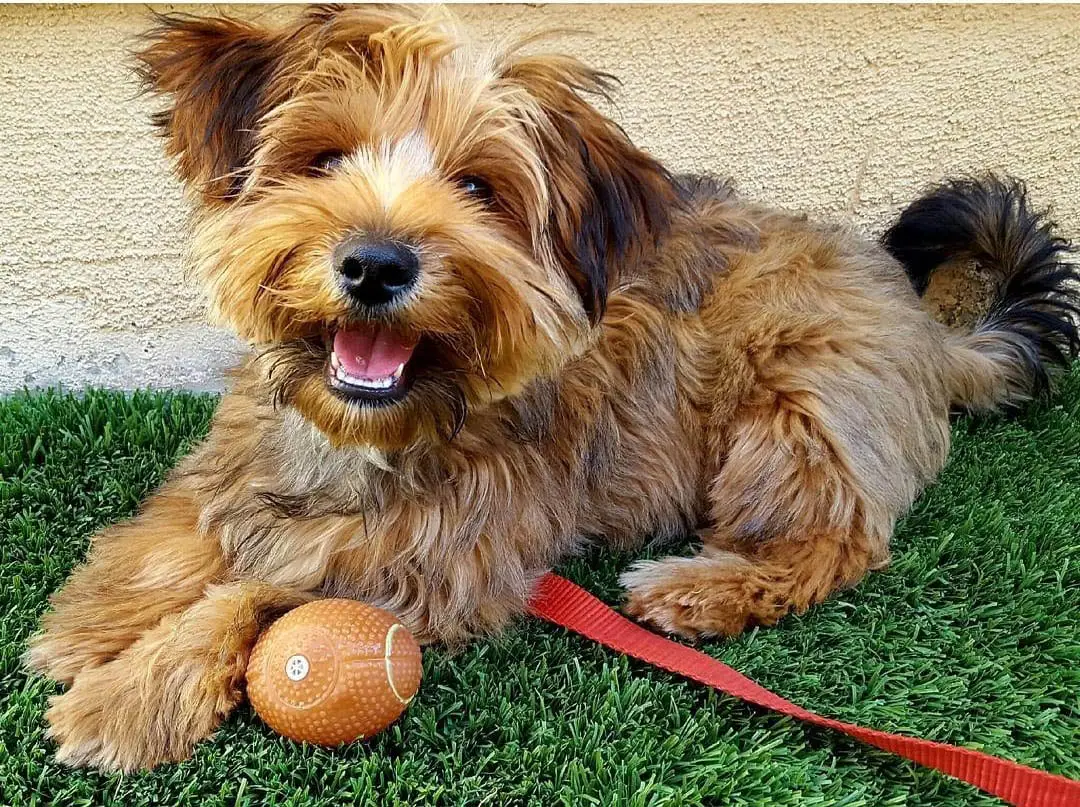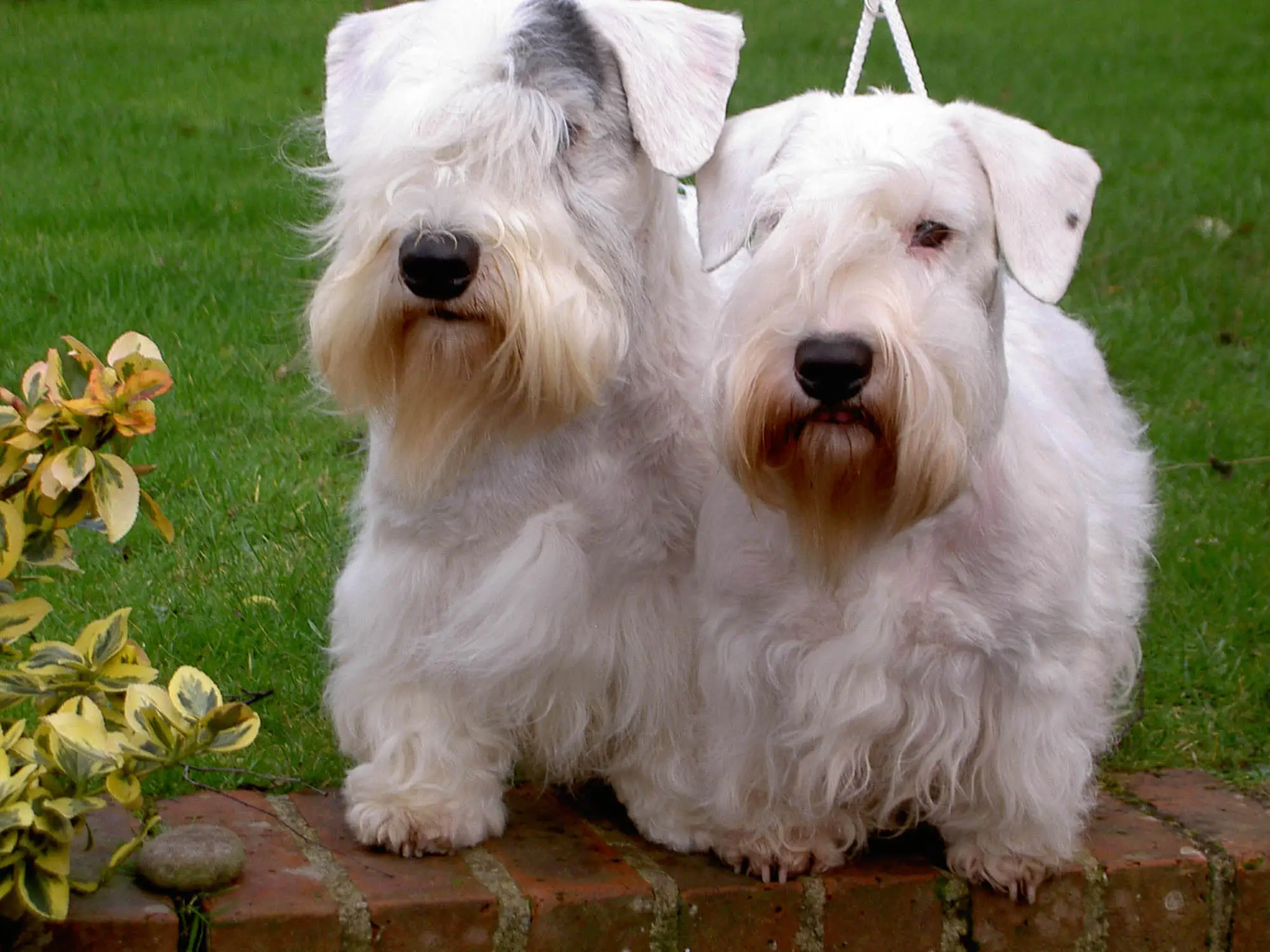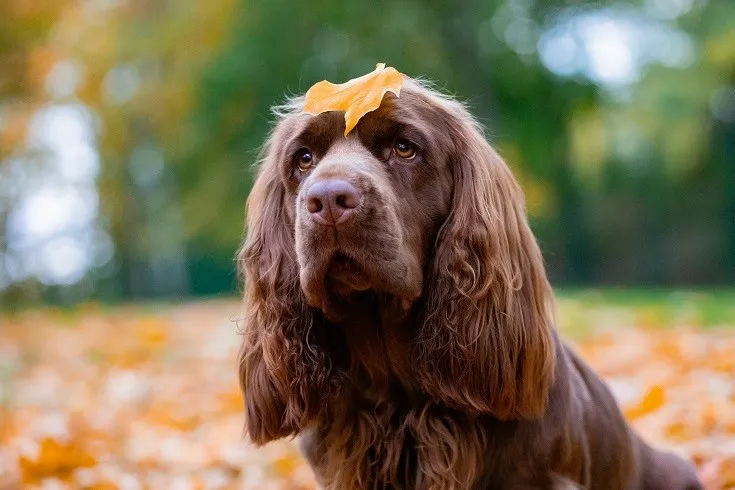History
The Braque Francais originated in the south of France during the 15th century and is one of the oldest French pointing dogs. Later on, they traveled to different regions and mated there with other local breeds forming a new race. This process continued until 1900, till there was a discovery of 2 new types. There is no proper conclusion about it, instead, the experts say that these varieties developed from the Southern Hound and the Old Spanish Pointer which are already extinct. The first club of the Braque Francais in 1850 and both these breeds were published in 1880 and presently are registered by different kennel clubs all around the world.
Varieties
-
The Pyrenees, the smaller, faster and more popular
-
Gascogne, more methodical and larger
Temperament and Personality
Braques Francaise are smart, affectionate and loving dogs that were used for hunting and tracking. They are a great companion family dog. They are not so aggressive and are always at the urge of pleasing their owner. The dog is excellent in socializing with elder and younger ones and with other pets. They have the quality of being shy and nervous and remain gentle and sweet most of the time.
Exercise
Daily activities are good for this breed for about 45 minutes to 1 hour. Take them for longs walks or jogs and allow it to play without a leash in a fenced area.
Grooming
Brushing the coat twice a week can maintain it, especially if it has the fur of Gascogne because it sheds more heavily. However, more attention should be given to ears to prevent infections and clip its nails if it does not wear out naturally. Brush its teeth regularly and bath them when necessary with a dog shampoo.
Health Problems
It is a very healthy breed, but there are some issues that they might be affected with like hip dysplasia, patellar luxation, demodectic mange, cleft lip, eye problem, aortic stenosis and Pannus.
Training
The breed is intelligent and it responds to whatever commanded. They dog does not require a harsh trainer because as are already obedient and disciplined. If the puppy grows with the habit of preying spiders or small insects, teach them not to do so. Reward them with treats if they learn something and with this method call them back whenever it prey for something.
Feeding
Depending on its size, age, and energy level, give them the right amount of food. On an average, serve them with 2 to 5 cups of good quality dry food split into two or three meals every day and also give them plenty of water.
.png)


